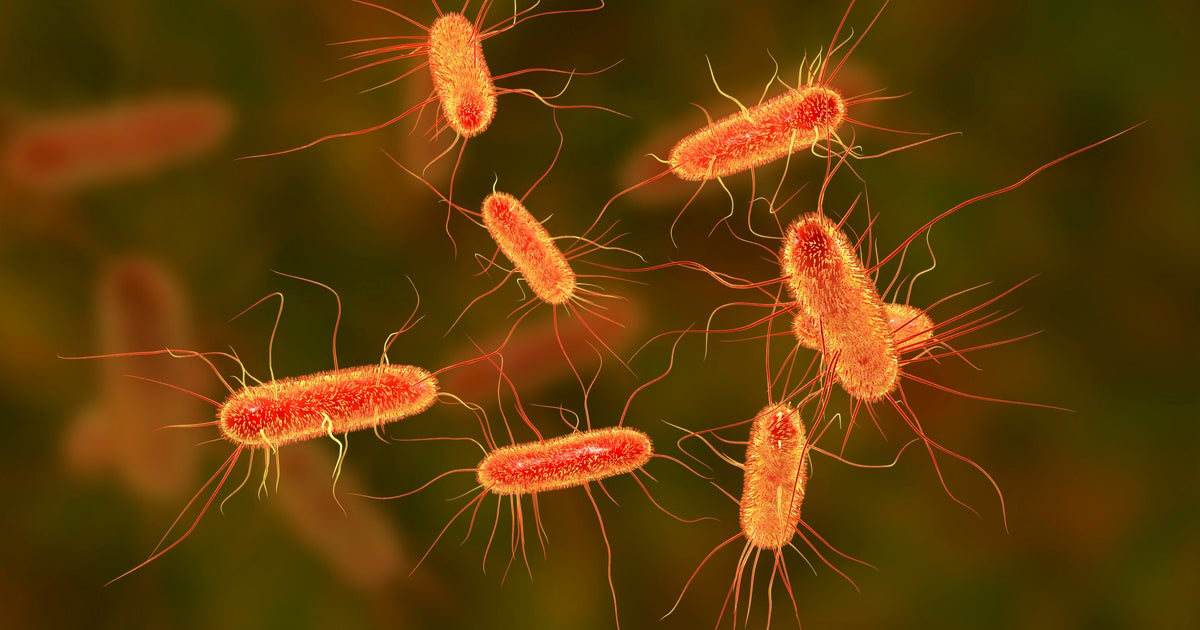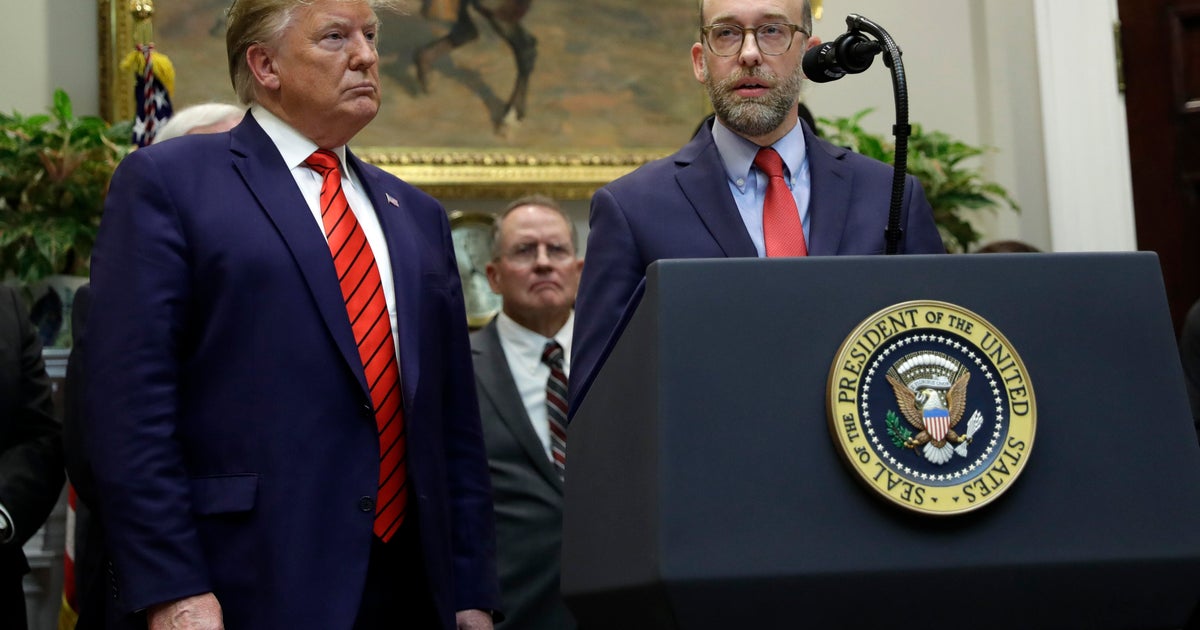New study finds Moderna's COVID-19 vaccine is most effective against hospitalizations
New data released Friday by the Centers for Disease Control and Prevention found that Moderna's COVID-19 vaccine was the most effective against preventing COVID-related hospitalization over a recent five-month period, compared to the other two authorized and approved vaccines.
According to the study, Moderna's vaccine was 93% effective at preventing COVID-19 hospitalizations, compared to 88% for the Pfizer vaccine and 71% for Johnson and Johnson's. Researchers assessed data from more than 3,600 hospitalized adults across 21 hospitals in 18 states from March 2021 through the middle of August
Through the first four months after being fully vaccinated, Moderna and Pfizer's vaccines were found to have nearly the same efficacy against hospitalizations, but then it began to wane for the Pfizer vaccine, dropping from 91% in the first four months to 77% afterward. Moderna's efficacy against hospitalization dropped only 1 percentage point after four months.
"Although these real-world data suggest some variation in levels of protection by vaccine, all FDA-approved or authorized COVID-19 vaccines provide substantial protection against COVID-19 hospitalization," the researchers said.
Researchers suggested that some of the reasons Moderna's efficacy holds up longer may be due to the vaccine having higher mRNA content, the additional week between first and second doses compared to Pfizer, or potential differences between the groups of people that received the two vaccines that may be unaccounted for in the research.
The study did not break down differences between the vaccines' efficacy against the Delta variant, which overtook the U.S. this summer and now makes up 99% of cases nationwide.
Scientists also assessed the two separate antibody levels across the three vaccines and found that the Moderna vaccine performed best in producing antibodies targeting one function of the virus that allows it to enter human cells. The Moderna and Pfizer vaccines produced equal levels of antibodies that targeted the spike protein on the virus.
The findings could have wider implications as the FDA considers whether to approve a third booster dose of the Pfizer vaccine. The data was previewed earlier Friday by top CDC official Dr. Sara Oliver at the FDA's advisory panel meeting discussing boosters.
In their briefing materials, released earlier this week ahead of Friday's meeting, FDA staff wrote, "data indicate that currently US-licensed or authorized COVID-19 vaccines still afford protection against severe COVID-19 disease and death in the United States."
Moderna's data on its potential COVID-19 booster shot remains under review by the FDA. Top federal health officials, including Dr. Anthony Fauci, have said the decision on a booster for that vaccine may come a couple of weeks after Pfizer.
Regardless, health officials have stressed the benefits of getting vaccinated with any of the available shots, emphasizing that the risk of COVID-19 hospitalization and death is significantly higher for unvaccinated people. The CDC released data last week showing that unvaccinated people are about four and a half times more likely to get COVID-19, over 10 times more likely to be hospitalized, and 11 times more likely to die from the disease.
Alexander Tin contributed reporting.



